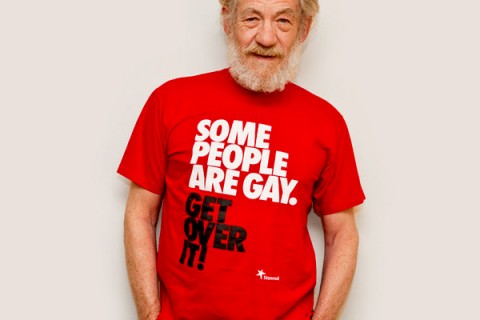 By Mike Marquiss
By Mike Marquiss
With more than a cartful of beloved characters, Nintendo is everyone’s favourite family friendly video games company. That’s why seeing Nintendo in the news this week for its controversial decision not to allow gay video game characters in Tomodachi Life, an upcoming life simulator game, came as such a shock to many.
Apologies to anyone out there who’s looking for a ‘Make your own Mario effigy’ guide, I’m not here to admonish Nintendo (for the most part), nor defend it. There’s plenty of that elsewhere. What interests me is why the issue of gay characters and storylines in video games makes headline news on such a regular basis. Why are we still debating the issue? Will the video games industry ever ‘grow up’ to the point where we can move on? Or does it simply reflect a society that has yet to do so?
Gaming holds a unique position in the wider technology industry, which is what our blogs generally cover. As opposed to Software Defined Networking or IT security, video games are creative endeavours and human by nature. It involves cutting edge technological development of course, but it’s also a product and reflection of the society in which it has been developed. Watch Dogs for instance, Ubisoft’s next blockbuster title, is set in a dystopian and fantastical Chicago, yet in many ways is indicative of today’s post-Snowden world, unwittingly so perhaps.
But ‘What does this have to do with Nintendo?’ you ask. Well, I’m getting to that.
Nintendo’s decision not to allow gay relationships IS indicative of... something. However much the company says Tomodachi Life was "never intended to make any form of social commentary" (which is almost certainly the case), it does suggest that maybe, just maybe, Tomodachi Life’s developers weren’t ready to tackle the subject of homosexuality, or didn’t feel the need to. Did they really not recognise this massive sub-section of its user base or did they simply choose to create a game that excludes some players from playing it in the way they want, one that might reflect how they actually live their lives? God forbid they should do so in a life simulation video game!
I don’t believe that every video game has to tackle every social issue, nor would I buy an Xbox version of Question Time, but I believe games should be held to a higher standard, especially when we’re talking of mass exclusion and prejudice. On that note, I’ll leave the final words to Yannick LeJacq, taken from his excellent Guardian article.
“...let me play the part of a concerned friend once more and say: come on, Nintendo. You're better than this. And it doesn't seem like you have much more to lose anyway.”

Recent Comments